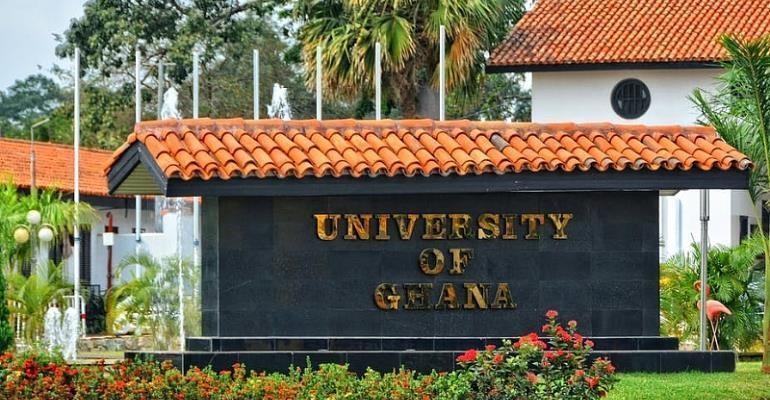Africa-Press – Ghana. The University of Ghana is scaling up efforts to empower students with entrepreneurial and innovation skills to tackle unemployment and support national development.
With student enrolment rising from 5,000 to over 72,000 in recent decades, the University is shifting from traditional education models to practical, skills-based learning.
Professor Felix Ankomah Asante, Pro Vice-Chancellor for Research, Innovation and Development, told the Ghana News Agency that the University is promoting pitching competitions and start-up incubation programmes to nurture student-led ventures.
“Every graduate cannot find him or herself in a government job. We need to innovate, and the innovation comes with the entrepreneurial skill of the students, what interests them most and the kind of skills they can live on,” he said.
He explained that the goal was to encourage students to form companies that generate employment and solve real-world problems.
Prof. Asante cited renowned institutions like Imperial College London and Harvard University, where doctoral candidates frequently transformed their academic research into thriving start-up ventures.
“You can just imagine the impact of a PhD who has a startup from his or her thesis,” he added.
Prof. Asante highlighted agriculture, post-harvest losses, food waste, and climate change adaptation as key focus areas for student innovations.
“Most of the startups are in agri-tech. They are looking at adding value to agricultural products, addressing post-harvest issues, and even health matters linked to agriculture, such as nutrition and obesity,” he said.
He noted that erratic rainfall and rising temperatures were already affecting food security, prompting students to develop storage and processing solutions.
“Whatever anybody is developing is thinking of how do I store it. Most of the innovations avoid dependence on cold storage but can last for 24 to 48 hours before sale,” he explained.
Prof. Asante urged the government to show greater commitment to agricultural innovation, similar to its investments in health infrastructure.
He called for bold national decisions to support youth entrepreneurship and innovation as tools to address unemployment, food insecurity, and climate change.
For More News And Analysis About Ghana Follow Africa-Press







